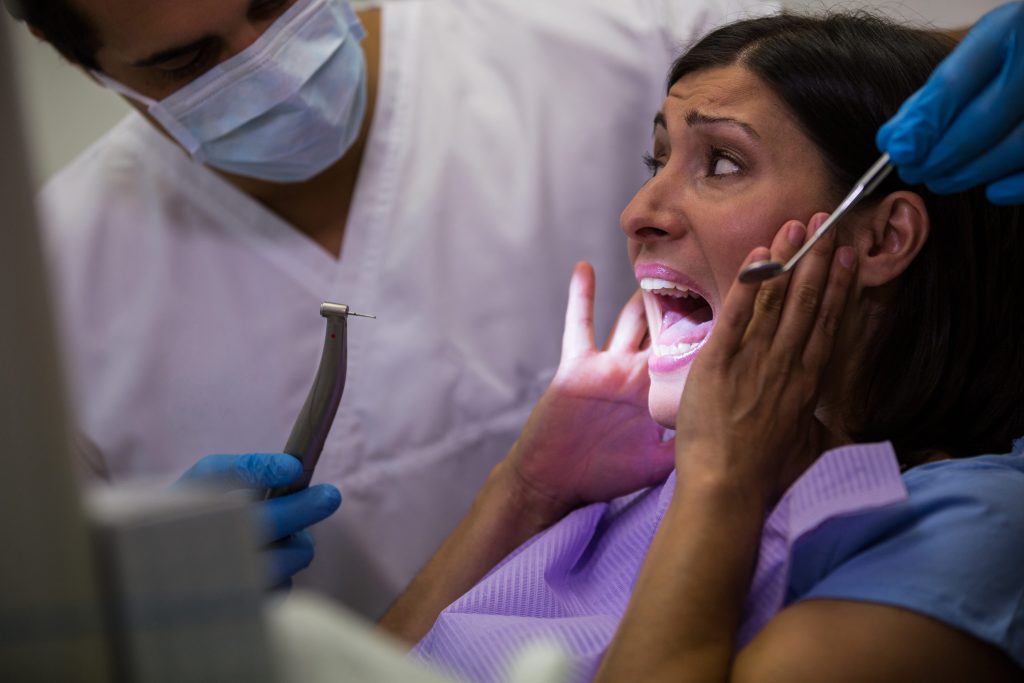It’s no secret that regular brushing, flossing, and trips to the dentist are essential components of good oral health. However, what many dental clinic clients may not know is that a consistent lack of these basic practices can ultimately result in serious consequences for their oral health — including the possibility of developing injurious types of cancer.
In today’s blog post we will dive into how bad hygiene habits can lead to precancerous conditions in your mouth and ultimately increase your risk for oral cancer.
What Is the Impact of Oral Cancer and Why Is It a Growing Concern?
Oral cancer is a serious health condition that affects the mouth and throat. It occurs when there is an abnormal growth of cells in the oral cavity, including the lips, tongue, cheeks, gums, and roof or floor of the mouth. The impact of oral cancer can be significant, both in terms of individual health and public health.
Firstly, oral cancer can have a profound impact on the affected individuals. It can cause pain, difficulty in swallowing, chewing, and speaking, and even lead to facial disfigurement in advanced stages. Treatment for oral cancer often involves surgeries, radiation therapy, and chemotherapy, which can have physical and emotional side effects. Additionally, oral cancer can negatively affect a person’s quality of life, including their ability to eat, communicate, and enjoy daily activities.
Furthermore, the implications of oral cancer extend beyond the individual level and have broader societal implications. Oral cancer is a growing concern due to its increasing incidence worldwide. According to the World Health Organization (WHO), over 450,000 new cases of oral cancer are diagnosed each year, making it one of the most common types of cancers. The mortality rate associated with oral cancer is also high, with approximately 250,000 deaths annually.
Several factors contribute to the rising concern around oral cancer. One significant factor is the prevalence of risk factors such as tobacco use, both smoking and smokeless forms, excessive alcohol consumption, and betel nut chewing. These risk factors are known to increase the likelihood of developing oral cancer. Additionally, there is a growing recognition of the role of the human papillomavirus (HPV) infection in oral cancer development, further raising concerns.
Furthermore, changes in lifestyle and dietary habits have also been linked to the increased risk of oral cancer. Unhealthy diets that are low in fruits and vegetables, as well as poor oral hygiene practices, can contribute to the development of oral cancer.
Why Are Regular Dental Check-ups Important for Preventing Oral Cancer?
Regular dental check-ups are essential for preventing oral cancer due to several key reasons:
Early detection
Oral cancer often goes unnoticed in its early stages because symptoms may be subtle or easily overlooked. During a routine dental check-up, a dentist or dental hygienist thoroughly examines your mouth, including the gums, tongue, throat, and other oral tissues. They are trained to identify any abnormalities, such as suspicious lesions or growths, that may indicate the presence of oral cancer. Early detection increases the chances of successful treatment and improved outcomes.
Professional screening for Oral Cancer
Dental professionals are trained to perform oral cancer screenings as part of routine dental examinations. These screenings involve a visual and physical examination of the oral cavity to identify any suspicious areas. Some dental offices also utilize advanced technologies like VELscope or oral cancer screening devices that can help detect abnormalities that may not be visible to the naked eye. Regular dental check-ups ensure that you receive these screenings on a consistent basis, enhancing the chances of detecting oral cancer early.
Risk assessment
Dentists can assess your individual risk factors for developing oral cancer during check-ups. They take into account factors such as tobacco and alcohol use, HPV infection, family history, and other lifestyle habits. By understanding your specific risk profile, they can provide personalized advice and guidance on preventive measures, lifestyle modifications, and early detection strategies.
Oral health education
Regular dental check-ups offer an opportunity for oral health education and awareness. Dentists can provide information on the signs and symptoms of oral cancer, risk factors, and preventive strategies. They can also educate patients on the importance of maintaining good oral hygiene, quitting tobacco use, and adopting a healthy lifestyle to reduce the risk of oral cancer.
Referrals and collaboration
If a dentist suspects or identifies any signs of oral cancer during a check-up, they can promptly refer you to a specialist, such as an oral and maxillofacial surgeon or an oncologist, for further evaluation and treatment. Regular dental check-ups ensure that any potential issues are detected and addressed promptly, facilitating timely intervention and management.
It is important to note that while regular dental check-ups are crucial for oral cancer prevention, they should be complemented by a proactive approach to oral health at home. Practicing good oral hygiene, such as regular brushing and flossing, along with a healthy lifestyle, can significantly reduce the risk of oral cancer.
By combining professional dental care with personal oral hygiene practices, you can maximize your chances of maintaining oral health and detecting any potential issues, including oral cancer, at the earliest possible stage.
So don’t delay any longer! Book an appointment with Absolute Dental Care today and take the first step towards achieving optimal dental health. We look forward to seeing you soon!




